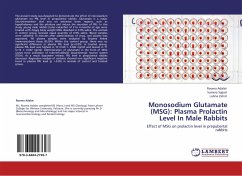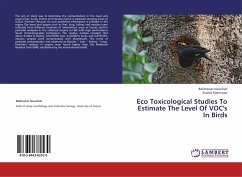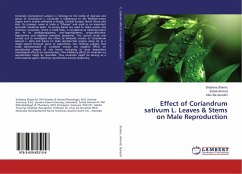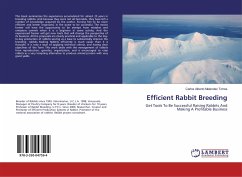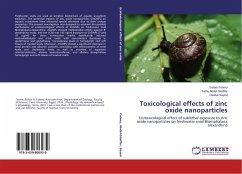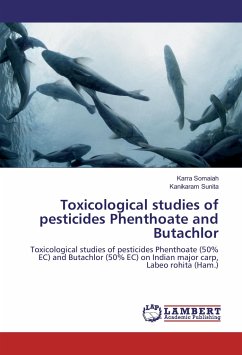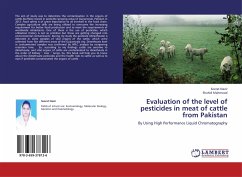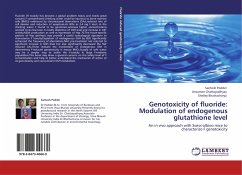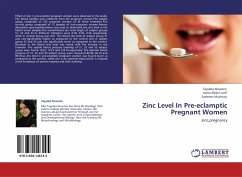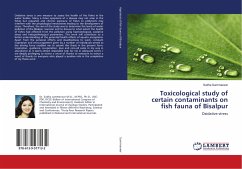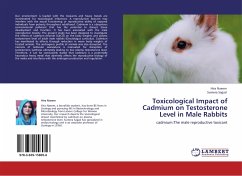
Toxicological Impact of Cadmium on Testosterone Level in Male Rabbits
cadmium:The male reproductive toxicant
Versandkostenfrei!
Versandfertig in 6-10 Tagen
32,99 €
inkl. MwSt.

PAYBACK Punkte
16 °P sammeln!
Our environment is loaded with the toxicants and heavy metals are incriminated for toxicological influences. A reproductive toxicant may interfere with the sexual functioning or reproductive ability of exposed individuals from puberty throughout adulthood. Cadmium is a ubiquitous environmental pollutant that has the potential to disrupt tissue development and function. It has been associated with the male reproductive toxicity. The present study has been designed to investigate the effects of cadmium chloride (CdCl2) on the body weights and plasma testosterone level of adult male rabbits (Oryc...
Our environment is loaded with the toxicants and heavy metals are incriminated for toxicological influences. A reproductive toxicant may interfere with the sexual functioning or reproductive ability of exposed individuals from puberty throughout adulthood. Cadmium is a ubiquitous environmental pollutant that has the potential to disrupt tissue development and function. It has been associated with the male reproductive toxicity. The present study has been designed to investigate the effects of cadmium chloride (CdCl2) on the body weights and plasma testosterone level of adult male rabbits (Oryctolagus cuniculus). Cadmium has manifested its effects through reduction in mean body weights of treated animals. The androgenic profile of animals was also disrupted. The necrosis of testicular vasculature is insinuated for disruption of testosterone synthesis ultimately leading to low plasma testosterone level. Therefore, it can be conclusively stated that cadmium is a potentially hazardous heavy metal that adversely affects the reproductive biology of the males and interferes with the androgen production and regulation.



